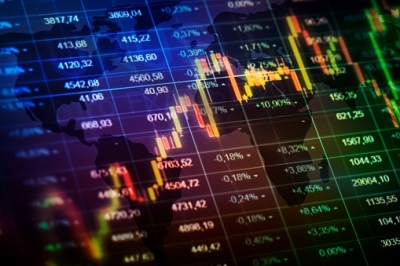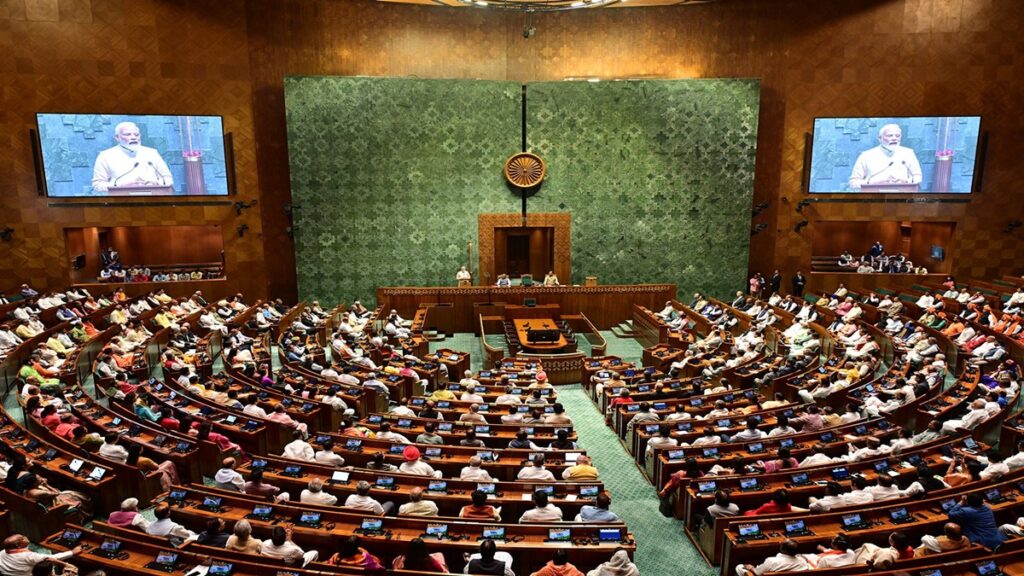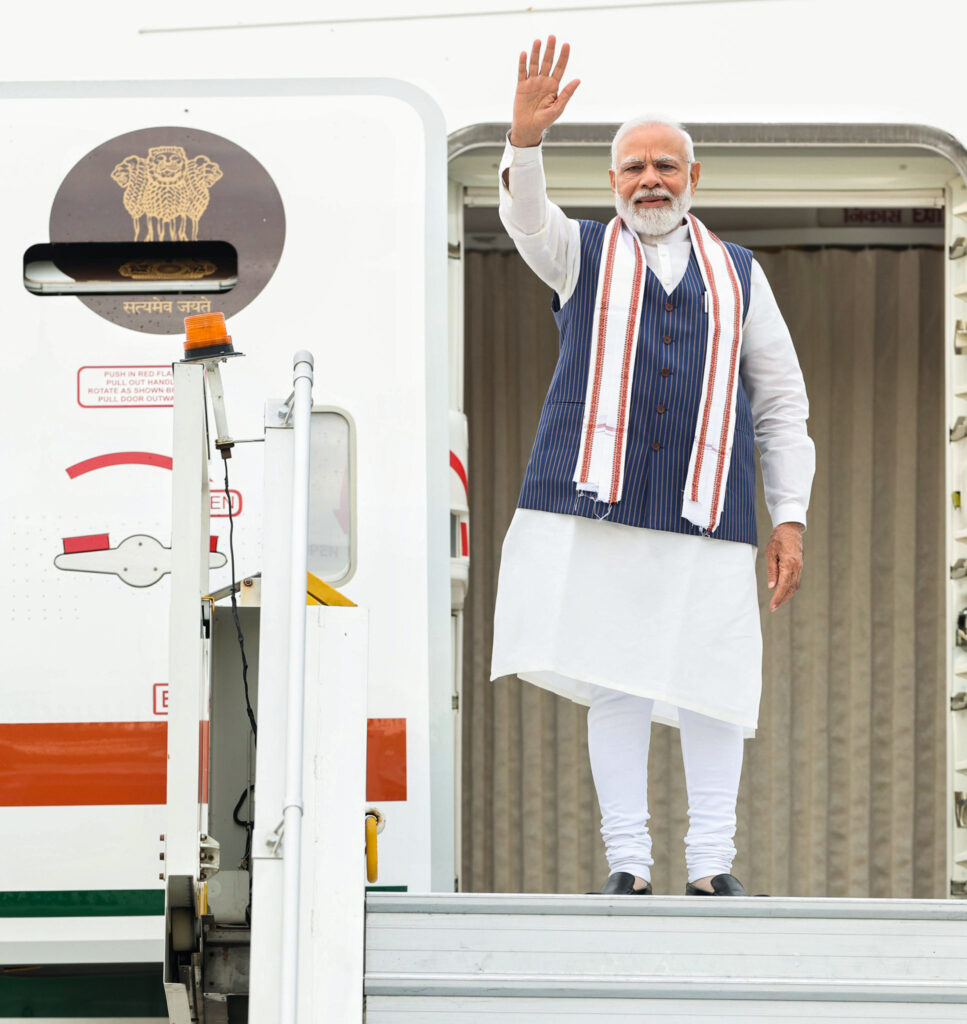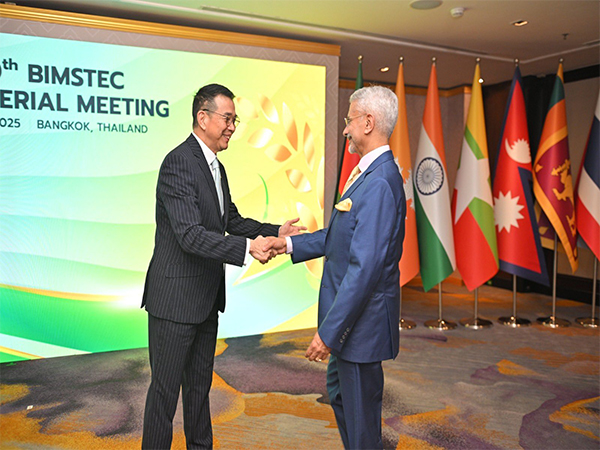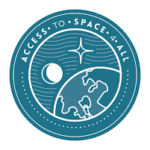Muslims across UAE begin Eid Al Adha celebrations with prayers and greetings
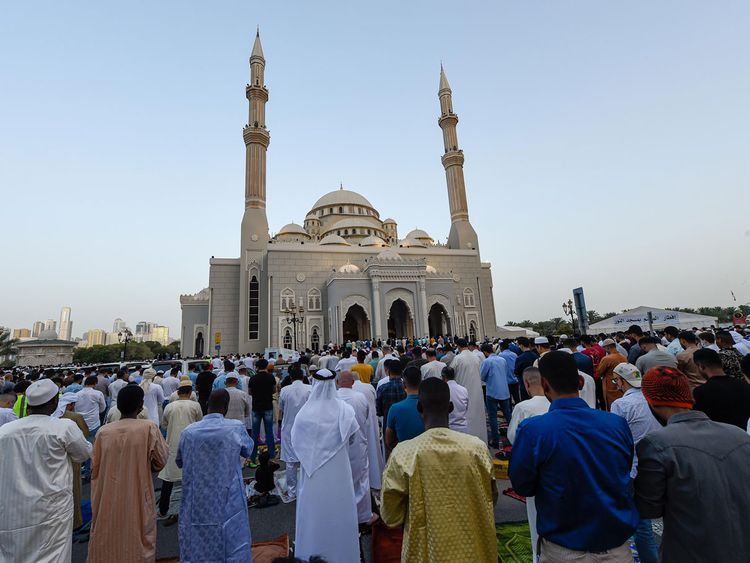
Eid al-Adha is observed on the 10th day of Dhul-Hijjah, following the sacred day of Yawn al-Arafat, the ninth day of Dhul-Hijjah and one of the holiest days in the Islamic calendar.
Muslims in the UAE are joyously celebrating Eid al-Adha on Wednesday, embracing the occasion with prayers, greetings and vibrant fireworks displays. This significant Islamic festival is marked by the Eid prayer, also known as Salat Al Eid, which took place shortly after sunrise on the first day of Eid al-Adha.
This year, Eid al-Adha fell on June 28 in the UAE. In addition to the congregational prayers, Muslims engaged in heartfelt exchanges of greetings and visited their loved ones. The cities of Dubai and Abu Dhabi have scheduled fireworks displays, adding an extra touch of grandeur to the festive atmosphere.
To ensure widespread participation, the Sharjah Department of Islamic Affairs announced the designation of 612 mosques and musallahs across the emirate as venues for Eid al-Adha prayers. In Sharjah, the Eid prayer was conducted at 5:47 am, uniting the community in devotion.
Sheikh Mohammed bin Rashid Al Maktoum, Vice-President and Prime Minister of the UAE and Ruler of Dubai, extended his warm wishes to “all Arab and Islamic people” on the occasion of Eid Al Adha, expressing prayers for their obedience and well-being.
Eid al-Adha holds deep significance as it commemorates the story of Prophet Ibrahim, who, as an act of obedience to God, demonstrated his willingness to sacrifice his son Ismail. However, God intervened and provided a lamb as a substitute for sacrifice, highlighting the importance of faith and divine intervention.
Eid Al Adha holds global significance as one of the two Eids celebrated by Muslims worldwide. It honors the obedience of Prophet Ibrahim and serves as the culmination of the Hajj pilgrimage, a mandatory spiritual journey to the holy city of Mecca in Saudi Arabia for all able Muslims.
Eid al-Adha is observed on the 10th day of Dhul-Hijjah, following the sacred day of Yawn al-Arafat, the ninth day of Dhul-Hijjah and one of the holiest days in the Islamic calendar. Eid al-Adha, also known as the “feast of the sacrifice,” concludes the Hajj pilgrimage and embodies the spirit of devotion and surrender to God, cherished by Muslims worldwide.


